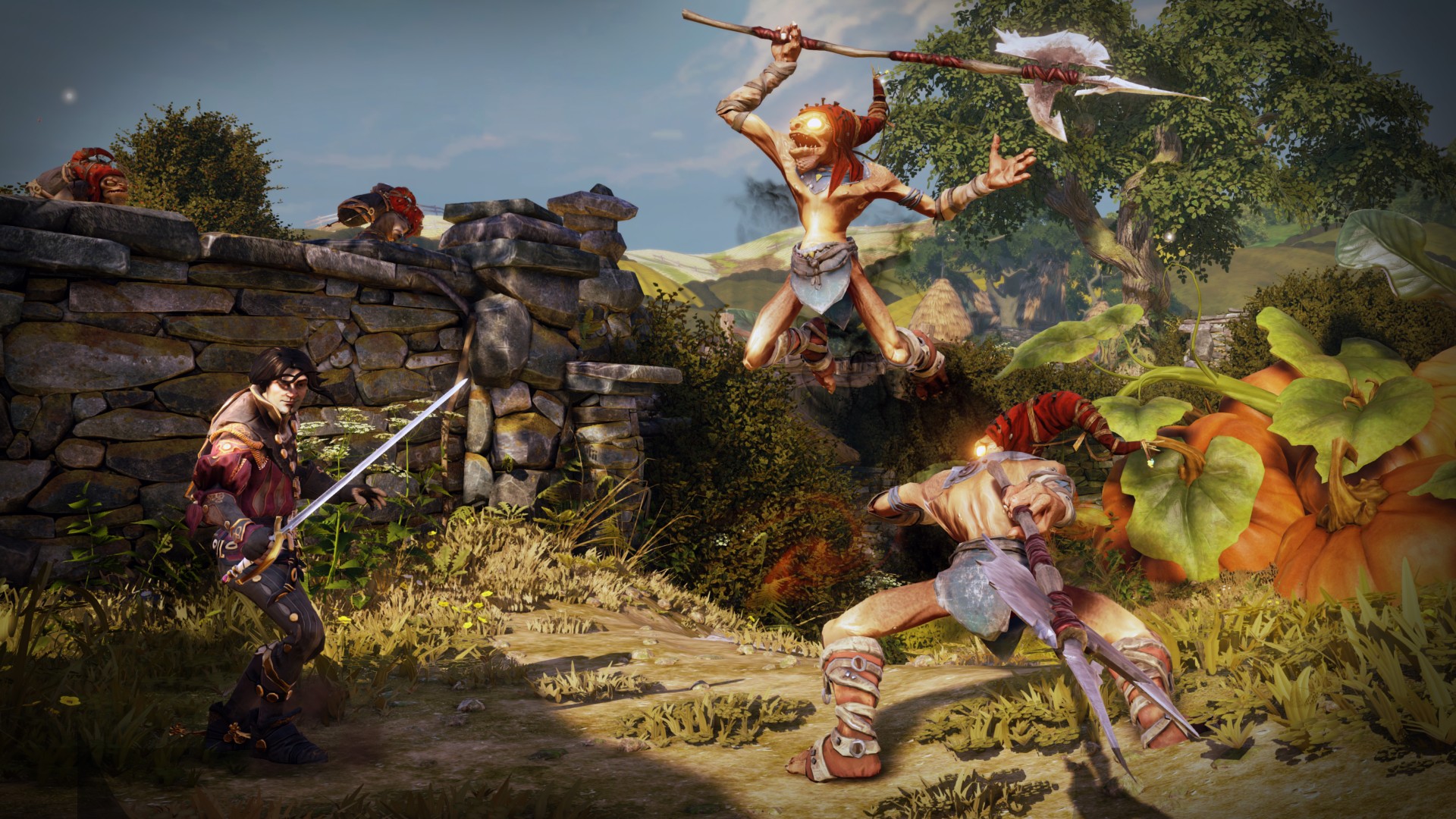Report says Lionhead deals fell through because Microsoft refused to sell Fable
Multiple, multi-million-dollar offers were reportedly made.

Lionhead Studios is dead and buried, shuttered by Microsoft despite—in the words of Microsoft—having “delighted millions of fans with the Fable series over the past decade.” Now it's come to light, by way of a Kotaku report, that the studio almost dodged the bullet. But while Microsoft was clearly willing to let Lionhead go, it apparently had different ideas about Fable.
The report doesn't name any names, but multiple sources say that, during the pre-closing consultation period, “several potential buyers” expressed interest in acquiring the studio. Talks went far enough in some cases that letters of intent were filed, with offers ranging into the hundreds of millions of dollars. But all the deals fell through, "90 percent" of them because Microsoft was unwilling to part with the Fable IP.
Without that included in the deal, whoever bought Lionhead would have been forced to work out a separate licensing deal with Microsoft in order to publish new Fable games, or even to get Fable Legends finished and out the door. And with all due respect to its other work, what's the point of owning Lionhead if you can't do what you want with Fable?
It's an unfortunate outcome, but it does reflect the fact that often in these cases, the true value lies not in the game studio (where it properly should), but in the name of its most famous and/or successful franchise. We saw that, with a happier outcome, a couple of years ago when Deep Silver acquired the Homefront franchise from Crytek: It let Crytek UK, the studio that had been developing the game, close down, then hired the members of the Homefront team to effectively pick up where they left off as part of its own Dambusters studio.
I've reached out to Microsoft for comment, and will update if and when I receive a reply.
The biggest gaming news, reviews and hardware deals
Keep up to date with the most important stories and the best deals, as picked by the PC Gamer team.

Andy has been gaming on PCs from the very beginning, starting as a youngster with text adventures and primitive action games on a cassette-based TRS80. From there he graduated to the glory days of Sierra Online adventures and Microprose sims, ran a local BBS, learned how to build PCs, and developed a longstanding love of RPGs, immersive sims, and shooters. He began writing videogame news in 2007 for The Escapist and somehow managed to avoid getting fired until 2014, when he joined the storied ranks of PC Gamer. He covers all aspects of the industry, from new game announcements and patch notes to legal disputes, Twitch beefs, esports, and Henry Cavill. Lots of Henry Cavill.

